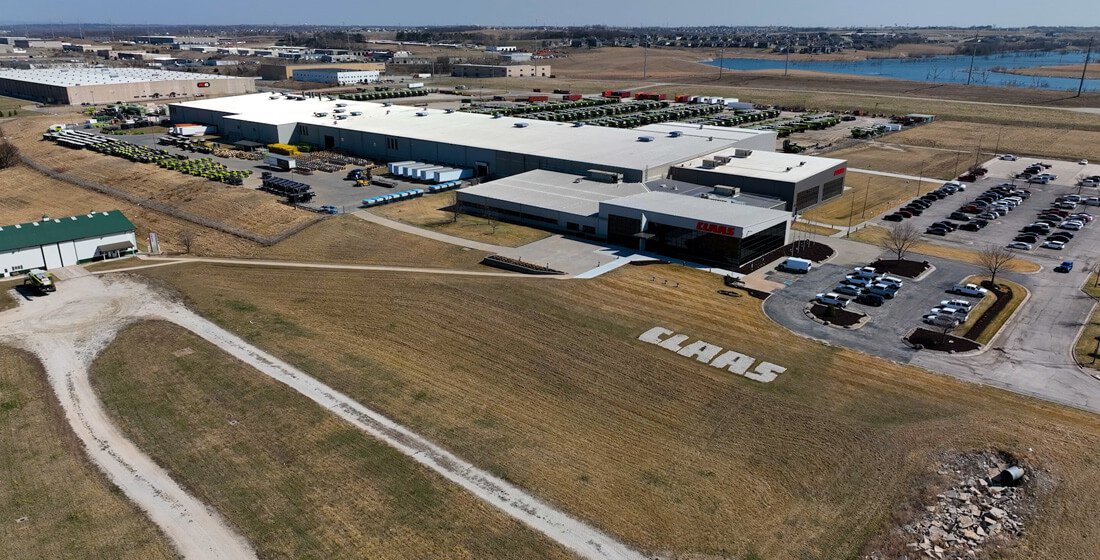A German-based farm equipment manufacturer has confirmed plans to move some of the work done at its Omaha plant overseas to avoid American tariffs on steel and aluminum.
CLAAS, which manufactures its Lexion combine in Omaha, said it will move production of the 2026 model year Lexion 8000 back to Germany.
The combines are mostly sold in the Canadian market, and moving the production to Germany will allow the company to avoid 50% reciprocal Canadian tariffs on steel and aluminum.
A CLAAS spokesman said the company is not planning any layoffs at its Omaha plant, where it employs more than 250 people and just last month held a groundbreaking for a new 45,000-square-foot R&D center.
“CLAAS is currently reviewing pre-order sales data to determine combine production requirements in Omaha,” said John Schofield, the company’s North American marketing coordinator. “We continue to retain our workforce while actively expanding in sales, service, and retail.”
Ernie Goss, an economics professor at Creighton University, said the move by CLAAS, “represents the outcome of the random application of tariffs.”
“This is just one example of the difficulty and folly of raising tariffs haphazardly to reduce the U.S. trade deficit,” Goss said.
He said there are three main reasons it makes sense to levy tariffs: to protect new industries, to protect intellectual property and to incentivize negotiations to reduce overall tariffs on all products.
“Tariffs on imported steel and aluminum meet none of the three requirements,” Goss said.

